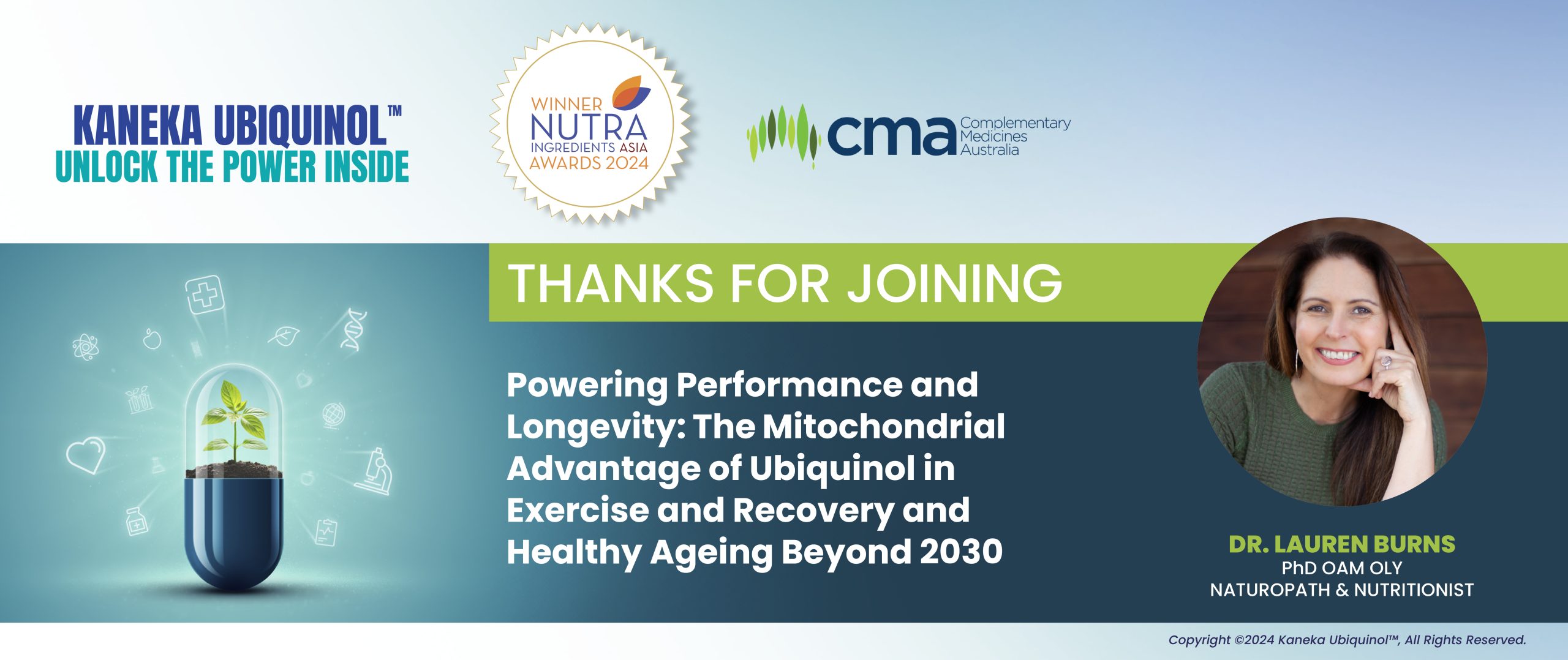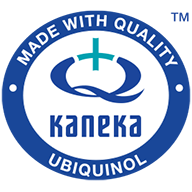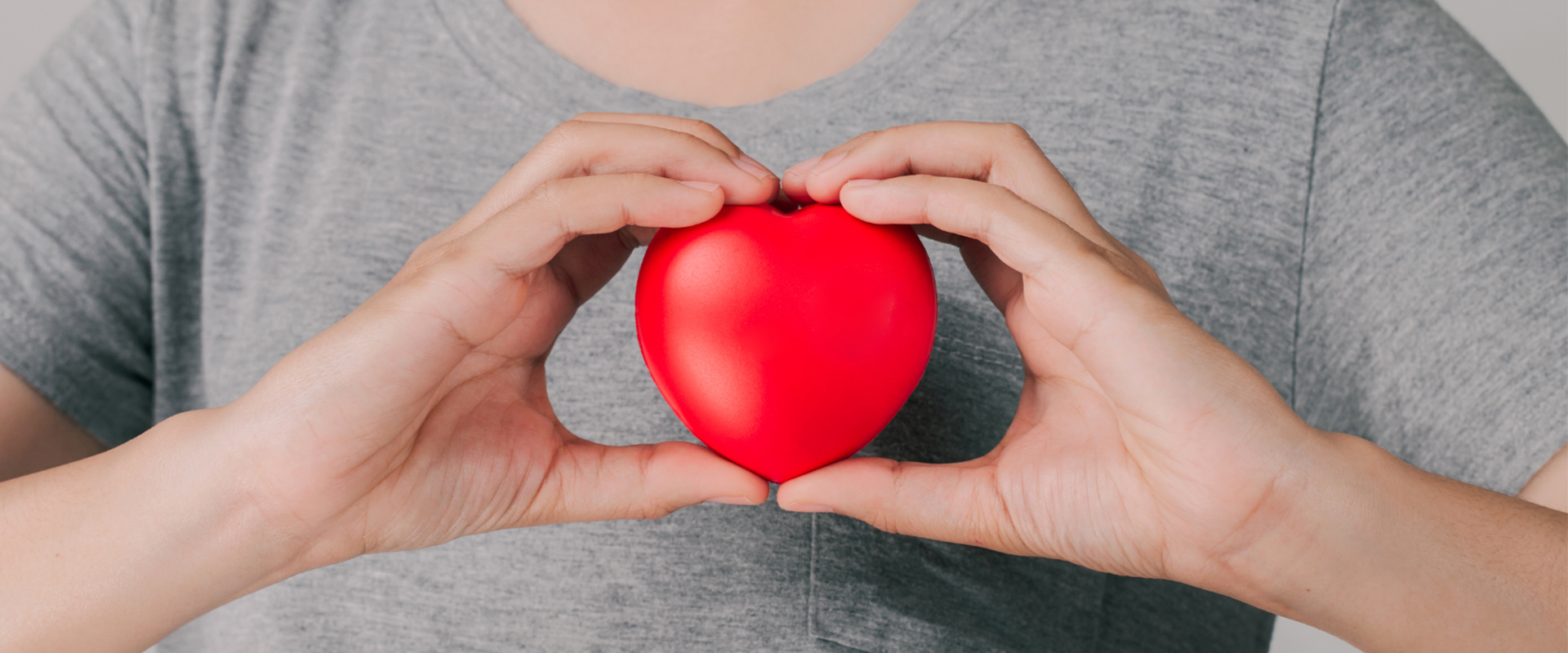
3 Common Misconceptions about Cholesterol
Jan 2021Recent Article
Cholesterol is a modified steroid, fatty molecule that is a vital component of all cell membranes. Cholesterol is also involved in many key metabolic processes.
Before we talk about the partnership between cholesterol and Ubiquinol, let’s first clear up 3 common misconceptions about cholesterol:
- Cholesterol is only divided into bad LDL and good HD
Cholesterol is typically transported around the body by varying types of proteins, the major groups being LDL and HDL. In regard to cardiovascular issues, it is important to realise that LDL cholesterol is divided into small and large components, as is HDL cholesterol.[1]
It is in fact, the small components of both LDL and HDL that contributes to heart health problems,[2] whereas large LDL and large HDL which make up most of the measured cholesterol are both vitally important for the normal functioning of the body. A standard blood tests does not measure the sub components of both LDL and HDL.
2. You can manage your cholesterol levels with diet alone
While it is true that eating a more natural diet- e.g. wholefoods, plant-based foods, natural ingredients, no hidden flavours, no artificial sugars etc. can help with maintaining healthy cholesterol levels, there are some people with genetic abnormalities that are strongly associated with a much higher risk of cholesterol issues, regardless of diet. These conditions are known as familial hypercholesterolaemia and an elevated lipoprotein.
1 in 5 people carry the gene for an elevated lipoprotein. People with this very common genetic abnormality have a higher risk for experiencing heart health issues throughout their life time.[3]
3. Medication is the only way to lower cholesterol levels
Medication is one way to lower cholesterol levels, however there are also several natural ways that you can maintain healthy cholesterol levels. These include quitting drinking, smoking and sugar, cultivating a healthy sleep habit of 8 hours per night, eating less and eating more natural foods, and 3-5 hours of exercise per week.[4]
Always consult your healthcare practitioner first to find out which cholesterol management strategies are right for you.
The link between maintaining healthy Cholesterol levels and Ubiquinol:
Ubiquinol, the active form of coq10, is a fat-soluble antioxidant produced naturally by your body. It is an essential nutrient for cellular energy production and supports heart health, energy levels and male fertility.
As part of a wider heart health regime, you may also consider a supplement containing Ubiquinol which helps to support the heart by maintaining a healthy cardiovascular system, and supports cholesterol through helping to maintain healthy LDL cholesterol levels in healthy people.
Before taking Ubiquinol in supplement form consult your medical practitioner to find out whether a supplement is right for you. Always read the label.
[1] Fessler, M. (2015). Revisiting “Good” and “Bad” Cholesterol. The Battle over Flow through Arteries Now Shifts to Flow through Airways. American Journal Of Respiratory And Critical Care Medicine, 191(9), 969-970. doi: 10.1164/rccm.201502-0413ed
[2] Xiang, A., & Kingwell, B. (2019). Rethinking good cholesterol: a clinicians’ guide to understanding HDL. The Lancet Diabetes & Endocrinology, 7(7), 575-582. doi: 10.1016/s2213-8587(19)30003-8
[3] Emerging Risk Factors Collaboration, Erqou, S., Kaptoge, S., Perry, P. L., Di Angelantonio, E., Thompson, A., White, I. R., Marcovina, S. M., Collins, R., Thompson, S. G., & Danesh, J. (2009). Lipoprotein(a) concentration and the risk of coronary heart disease, stroke, and nonvascular mortality. JAMA, 302(4), 412–423. https://doi.org/10.1001/jama.2009.1063
[4] Rosenthal R. L. (2000). Effectiveness of altering serum cholesterol levels without drugs. Proceedings (Baylor University. Medical Center), 13(4), 351–355. https://doi.org/10.1080/08998280.2000.11927704
You can share this by:
Keep up-to-date with Ubiquinol News
Ubiquinol Headlines

Retail Pharmacy: Healthy Ageing in the Spotlight
Apr 2025Category: Ageing, Antioxidants, APP, Conference, Conferences, Endurance, Health, Health Industry, healthy ageing, Immunity, In The News, Mitochondrial health, Nutrition, Online, Stress, Ubiquinol, Vitamins, wellnessRead More
Retail Pharmacy: The Impact of Loneliness on Heart Health
Apr 2025Category: cardiovascular health, dr ross walker, Heart, In The News, Mitochondrial health, Online, UbiquinolRead More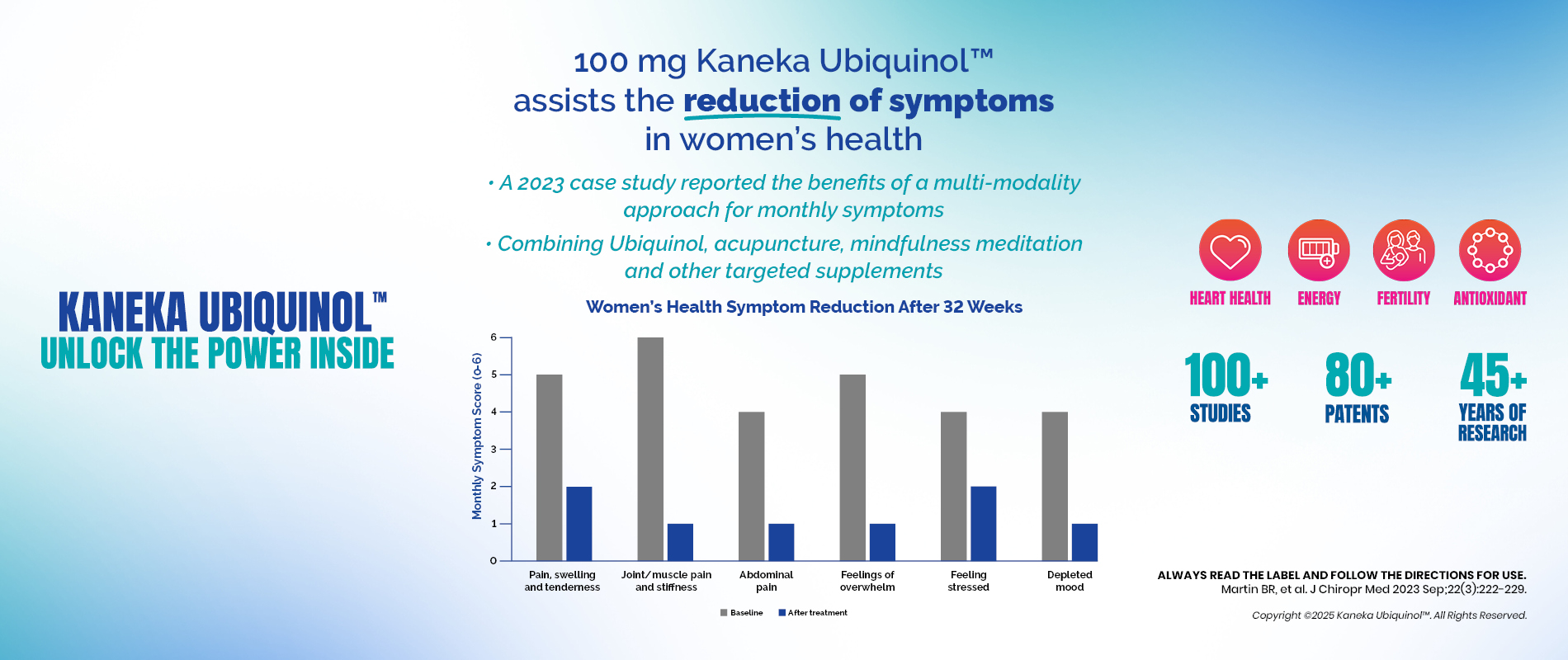
Ubiquinol for Women’s Health
Apr 2025Category: Ageing, Antioxidants, Fertility, Kaneka, Mitochondrial health, Ubiquinol, wellness, Women's HealthRead More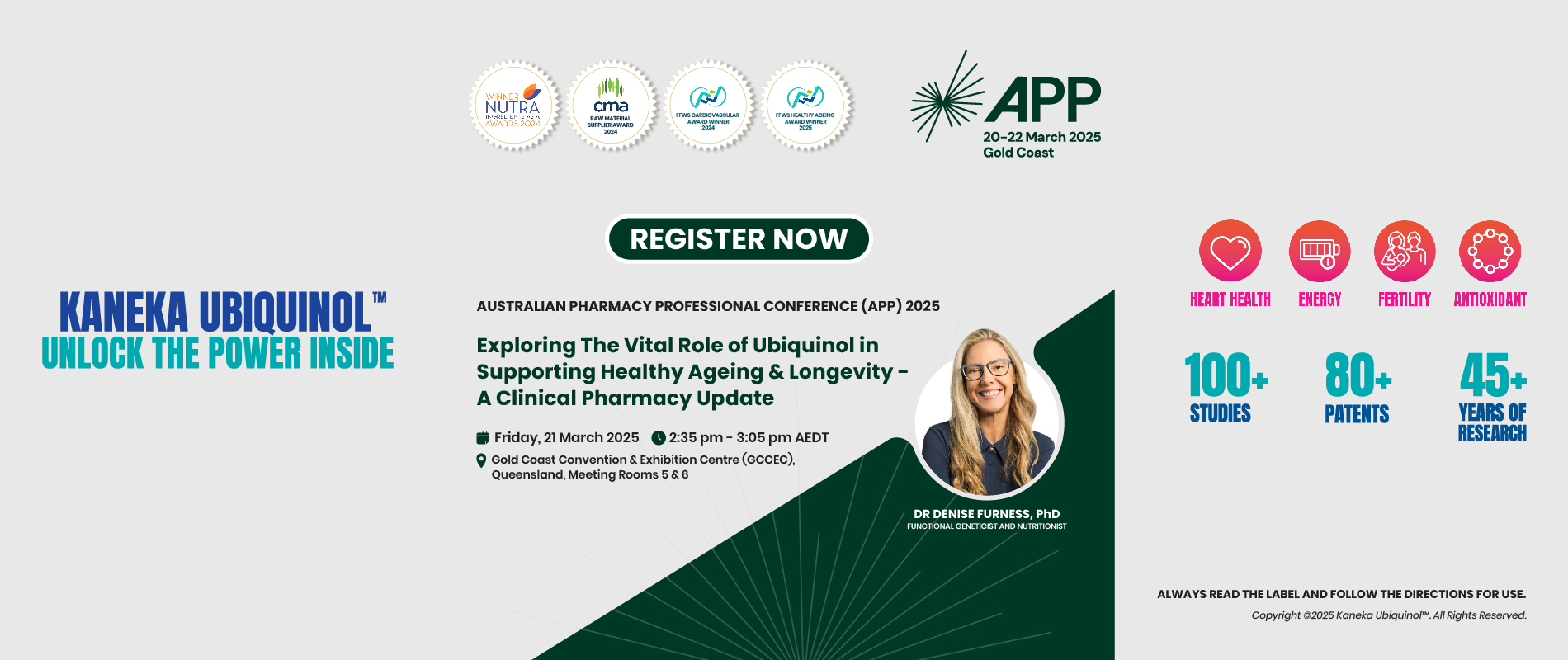
Kaneka Ubiquinol™ at APP 2025: Advancing Healthy Ageing & Longevity
Mar 2025Category: Ageing, Antioxidants, APP, Conference, Conferences, Energy, Fatigue, Health, Health Industry, healthy ageing, Kaneka, Mitochondrial health, Nutrition, UbiquinolRead More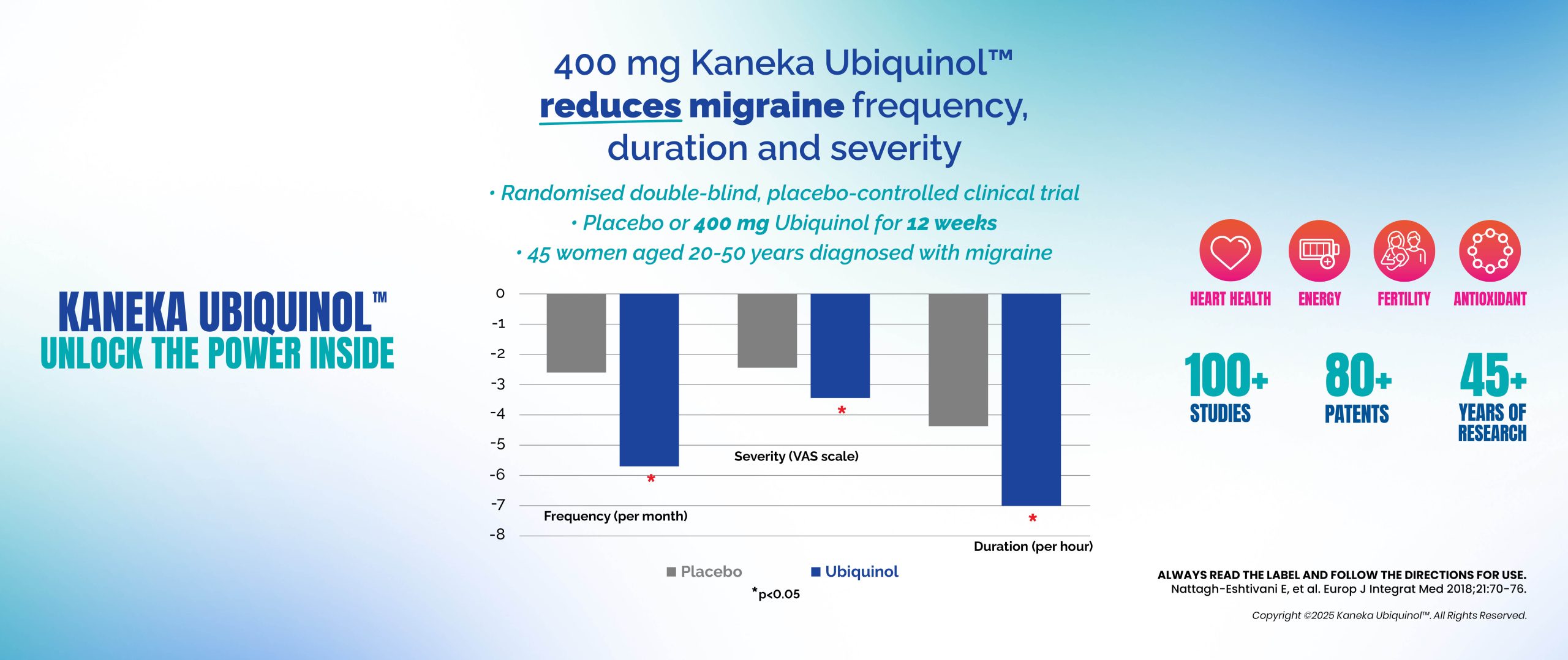
Ubiquinol: Supporting Migraine Relief Through Cellular Energy
Jan 2025Category: Antioxidants, complementary medicine, Energy, Fatigue, Health, Health Industry, healthy ageing, Kaneka, Mitochondrial health, Nutrition, Stress, Ubiquinol, Vitamins, wellnessRead More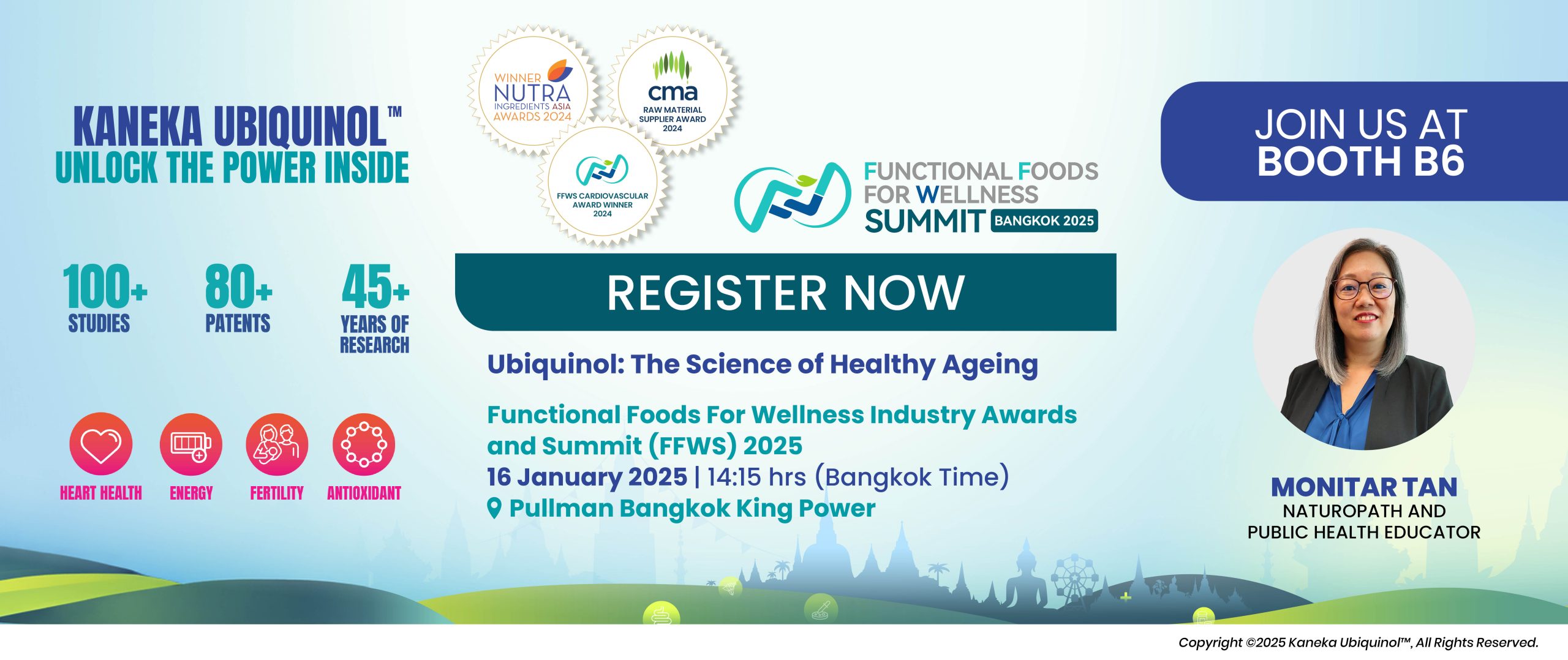
Kaneka Ubiquinol™ at Functional Foods for Wellness Industry Awards and Summit, #FFWS2025
Jan 2025Category: Ageing, Antioxidants, Awards, cardiovascular health, Conference, Conferences, Energy, Fatigue, FFWS2025, Health, Health Industry, healthy ageing, Kaneka, Menopause, Mitochondrial health, Nutrition, Ubiquinol, VitaminsRead More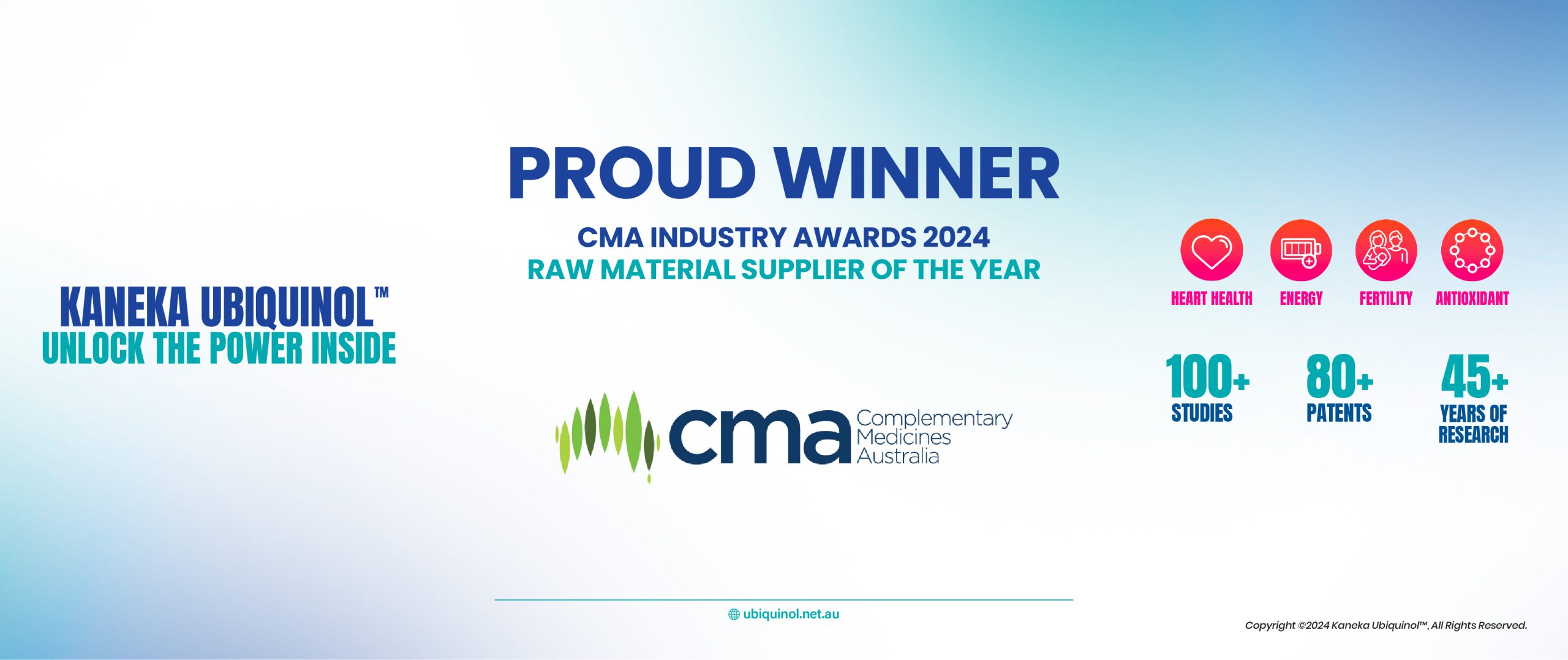
Kaneka Ubiquinol Wins Prestigious Complementary Medicines Raw Material Supplier of the Year Award 2024
Dec 2024Category: Ageing, Awards, cardiovascular health, complementary medicine, Conference, Conferences, Endurance, Energy, Fatigue, Fertility, Fitness, Health, Health Industry, healthy ageing, Heart, Immunity, In The News, Kaneka, Lungs, Memory, Mitochondrial health, Nutrition, Online, Stress, Ubiquinol, Vitamins, wellnessRead More